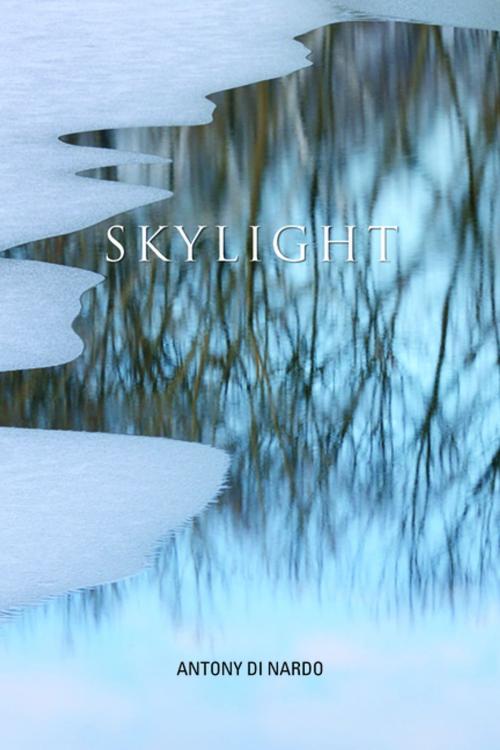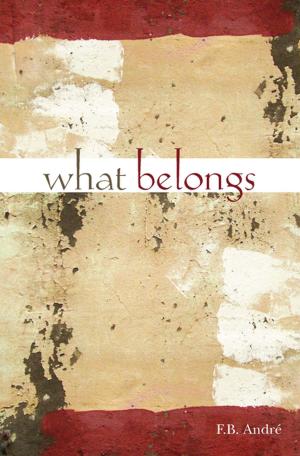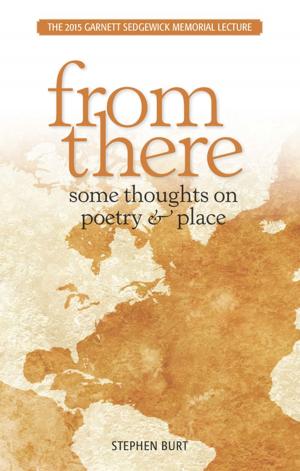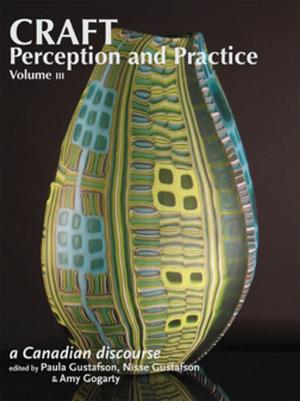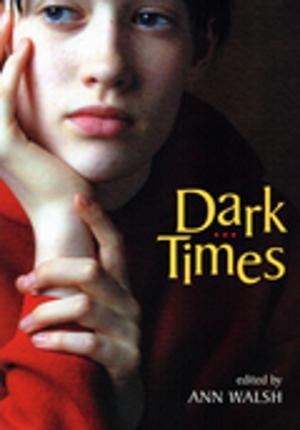| Author: | Antony Di Nardo | ISBN: | 9781553805458 |
| Publisher: | Ronsdale Press | Publication: | November 1, 2018 |
| Imprint: | Ronsdale Press | Language: | English |
| Author: | Antony Di Nardo |
| ISBN: | 9781553805458 |
| Publisher: | Ronsdale Press |
| Publication: | November 1, 2018 |
| Imprint: | Ronsdale Press |
| Language: | English |
In this superb new collection of poetry, Antony Di Nardo explores the interplay between a disintegrating natural world and the human observer, a relationship characterized by both beauty and terror. “A talking tree, a talking tree / in the language of dead leaves” ends a poem in the award-winning suite, “May June July,” where cancer cells are constellations and gardens a “photosynthetic success.” This is poetry with an ear to the ground, an ear for the unexpected. Partly feral, partly tamed and sometimes formal, the poems in Skylight illuminate shadows in the rough and clarify the spark found between observer and observed. The subjects roam: birdlife, clouds and cities, still lives, the sign of the Crab, small rooms, food courts, the skylight above a bed. In Di Nardo’s hands, these are both objects and ideas that words manipulate to create an aesthetic that privileges artifice and revels in its syntax, image, and element of surprise. The poetry both entertains and acknowledges what words can do, like nothing else can, to create experience and bear witness. Trees dominate, a fool hen comes crashing into a house, people make travel plans to leave themselves behind — Skylight is a record of what we miss in the world inside and outside our windows.
In this superb new collection of poetry, Antony Di Nardo explores the interplay between a disintegrating natural world and the human observer, a relationship characterized by both beauty and terror. “A talking tree, a talking tree / in the language of dead leaves” ends a poem in the award-winning suite, “May June July,” where cancer cells are constellations and gardens a “photosynthetic success.” This is poetry with an ear to the ground, an ear for the unexpected. Partly feral, partly tamed and sometimes formal, the poems in Skylight illuminate shadows in the rough and clarify the spark found between observer and observed. The subjects roam: birdlife, clouds and cities, still lives, the sign of the Crab, small rooms, food courts, the skylight above a bed. In Di Nardo’s hands, these are both objects and ideas that words manipulate to create an aesthetic that privileges artifice and revels in its syntax, image, and element of surprise. The poetry both entertains and acknowledges what words can do, like nothing else can, to create experience and bear witness. Trees dominate, a fool hen comes crashing into a house, people make travel plans to leave themselves behind — Skylight is a record of what we miss in the world inside and outside our windows.
